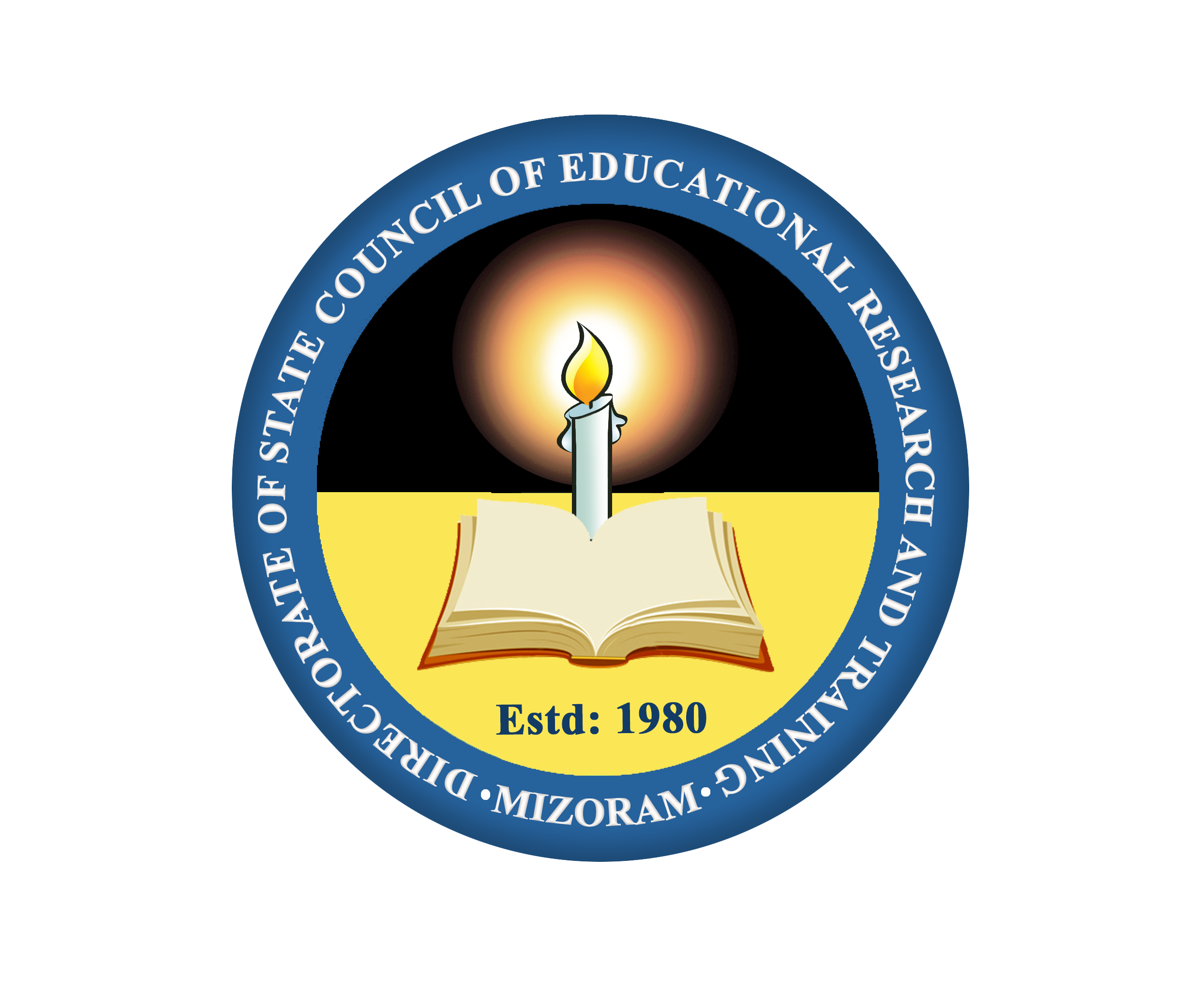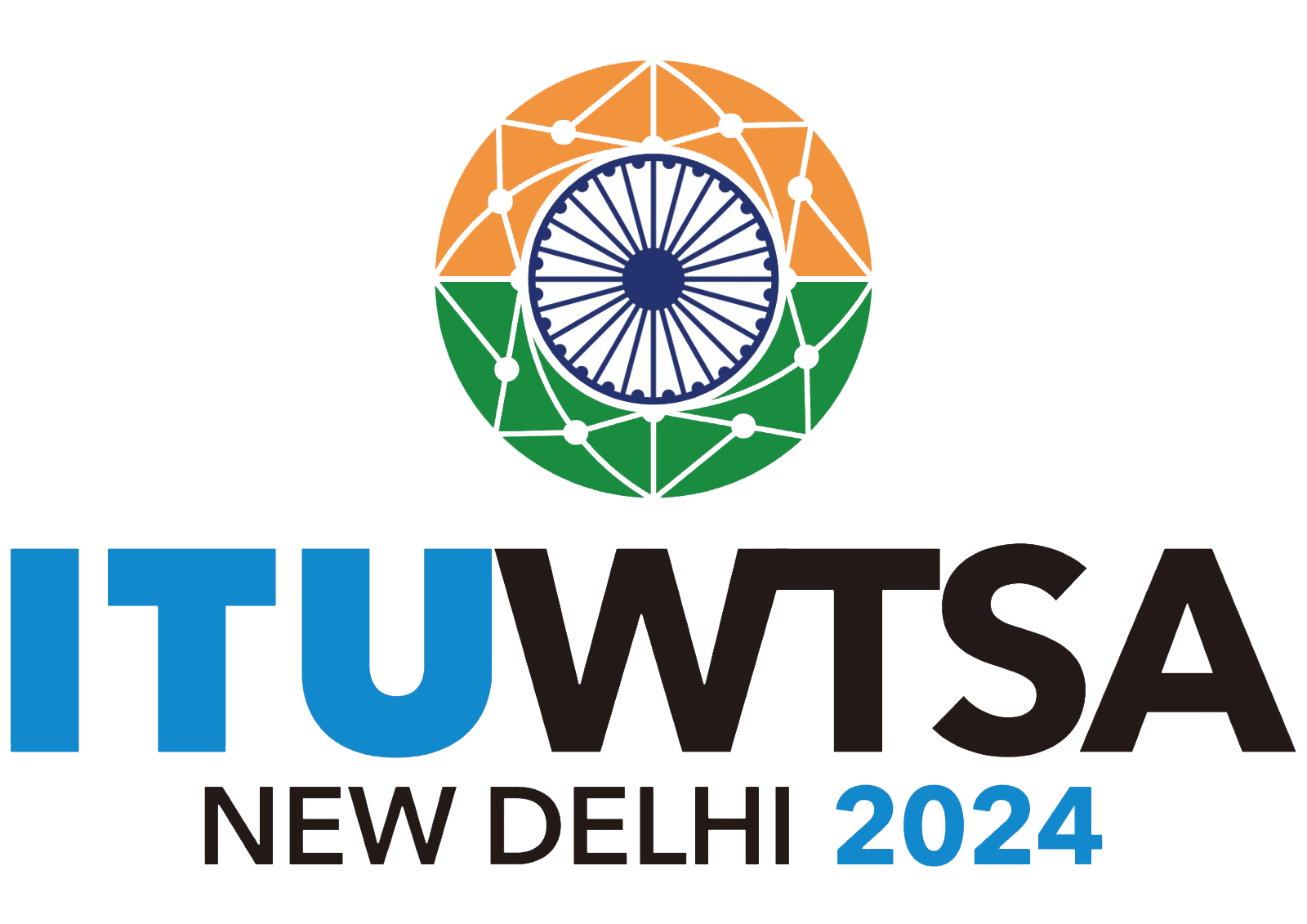Environment education is one of the most important issues in the world today. One needs to understand the harmful effects of deforestation, environmental pollution, water crisis, global warming and climate change, loss of biodiversity etc and develop a deeper understanding of these issues and have the skills to make informed and responsible decisions. We need to realize the pressing need to take immediate action to stop harming the environment and start restoring the damage we have done to it. Unless there is awareness, there is no action and this action must start from the individual level and spread through the people. Therefore teachers become important agents in spreading these awareness starting from little children; and realizing the importance of their roles, the biggest NGO in Mizoram the Young Mizo Association, the SCERT and Samagra Shiksha holds hands in organizing Refresher Course on Environment Education for Primary Schools in Aizawl District.
The training was organized in 4 phases for 2 days each. On the first day of the training i.e 7th July 2022, the programme was inaugurated by the Secretary, School Education, Govt. of Mizoram under the chairmanship of the Director, SCERT. Representative form the Central YMA was also present giving the participants a short speech.
The first two phases were conducted for SDEO Aizawl East on 7th – 8th July 2022, and 12th - 13th July 2022. The third phase was conducted during 14th – 15th July 2022 for SDEO Aizawl South and the fourth phase was conducted for SDEO Aizawl West during 18th – 19th July 2022.
The number of participants SDEO wise is given in the table below:
Phase | SDEO | No of teachers | Expected no of participants |
1 | Aizawl East | 39 | 43 |
2 | Aizawl East | 33 | 42 |
3 | Aizawl South | 52 | 56 |
4 | Aizawl West | 49 | 56 |
| TOTAL | 173 | 197 |
Five faculty of SCERT were assigned to be the resource persons for the programme namely- Pu P.C Lalrintluanga, Science Consultant, Pi Cecillia K. Lalremruati, Lecturer, Pi Ruth Rosangpuii Lecturer, Pi Laldampuii Project Coordinator and Dr. C. Lalrozami Programme Coordinator. Resource persons were deputed from the Central YMA as well, namely: Prof. Lalnjuntluanga, General Secretary CYMA, Pu JH Vanlalhuma CEC, Pu Lalzarzova Science & Environment Sub Committee member and Pu AC Zonunmawia Science & Environment Sub Committee member The course outline of the course are:
i) Environmental Awareness: A session on Awareness on environment issues in the context of Mizoram was given by the CYMA representatives to inculcate interest in caring and improving the environment and to make them aware and conscious of the environmental problems in Mizoram.
ii) Objectives of Environmental Studies (EVS): In this session the importance and different aims of Environmental Studies in the Elementary School Stage was covered.
iii) Learning Outcomes on EVS: The nature and importance of learning outcomes in EVS and how it is intertwined with the pedagogical processes and assessment was highlighted. Edgar Dale’s cone of experience and the revised Bloom’s taxonomy was also shared to make the teachers realize that they need to reach all the cognitive skills in teaching-learning process and assessment which will enable successful achievement of learning outcomes.
iv) Activities in EVS in which various activities- both indoor and outdoor that can make children aware about the environmental concerns were done.
v) Textbook Analysis and Activities Classes III and IV: Learning Outcomes were identified from selected chapters concerning environmental issues by analyzing the texts and hands-on experience on how those learning outcomes could be achieved through different pedagogical processes were undertaken. Activities like discussion, project work, field visit, role play, dramatization, picture reading, leaf collage etc. were done targeting the learning outcomes.
vi) Assessment in EVS: Different assessment tools and its uses were covered in this session as it plays an important role in achieving the learning outcomes. Core life skills present in the textbooks which alone cannot be assessed through exams and tests were also explained emphasizing the importance of other assessment tools which can address these life skills.


















